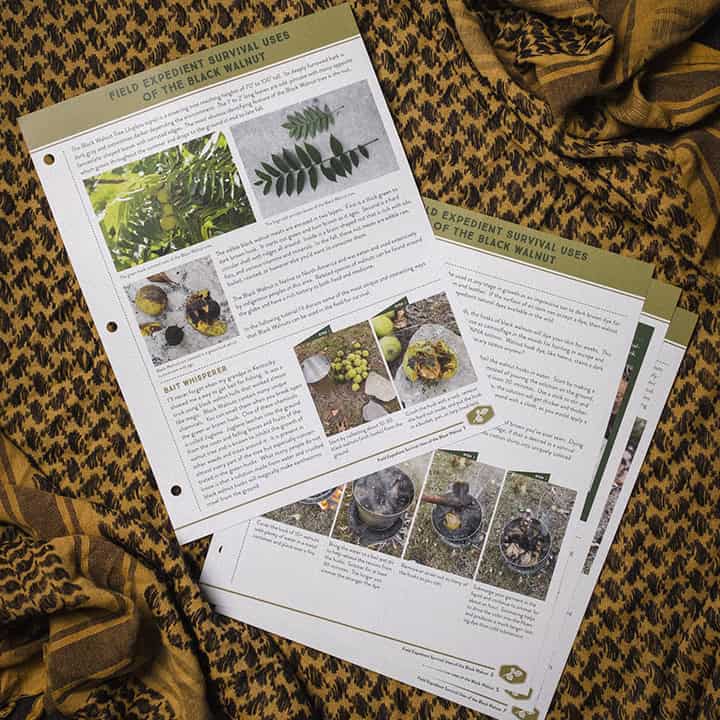
Are you aware of Black Walnut's multitude of survival uses? Here's your chance to discover this under-utilized gem, commonly found in eastern North America.
Introducing the Lifesaver: Black Walnut
Scientifically known as Juglans nigra, this plant has earned descriptive monikers including Eastern Black Walnut and American Walnut. Native to regions east of the Mississippi River and extending from southern Ontario to Florida, this plant silently supports a robust ecosystem.
Relevance Throughout History
Indigenous peoples in North America valued the Black Walnut for its multifarious uses. This resourceful tree offered food, craft materials, and medicinal aids to the tribes. The nuts were harvested as a staple food source, while the wood was skillfully transformed into useful tools.
Emergency Nutrition Staple
The Black Walnut's nutritional benefits stand the test of time. The calorie and nutrient-rich nuts can be stored over extended periods, ensuring a steady supply of food during harsh winters or tough times, making it a veritable survival food.
An Indispensable Plant for the First People
Black Walnut trees were extensively used by Indigenous populations. They made medicinal poultices from the nut hulls to treat injuries. Additionally, young Black Walnut tree bark skillfully woven into baskets serves as evidence of their utilitarian benefits.
A Plant's Weapon Turned Gardening Tool
Black Walnut trees secrete juglone, a chemical that naturally inhibits the growth of competing plants nearby. This intriguing characteristic could have influenced Indigenous horticultural practices.
Nature's Pest Control
Ever rubbed the leaves of a Black Walnut onto your skin as a mosquito repellent? This traditional practice can effectively aid in keeping those pesky insects at bay. (Remember to conduct a patch test first!)
The Colors of Tradition
The husks of Black Walnuts were once used by Indigenous communities to create rich brown dyes for textiles & basketry, making the tree an integral part of their culture.

A Sanctuary for Wildlife
Black Walnut trees play a crucial role in the ecosystem by providing essential habitat and food for wildlife. Squirrels rely heavily on these nutritious nuts during the lean months of fall and winter.
Potent Natural Preservatives
Black walnut husks possess potential antifungal and antibacterial properties owing to juglone, a compound abundant in the plant's husks, leaves, and roots. Historical references suggest that Indigenous tribes and early European settlers used these husks to treat infections and skin conditions. Modern studies validate these claims by documenting juglone's antimicrobial effects.
Safely Benefiting from Natural Healers
Consider crafting a poultice by grinding black walnut husks, mix with water to create a soothing paste for treating skin ailments. For internal use, ensure you consult a healthcare professional for guidance on proper dosages. Preparation methods differ based on intended application, making professional advice vital.
Choose to Learn More!
Anxious to widen your knowledge about the Survival Uses of Black Walnut Trees, leaves, and nuts? You can download our detailed guide to unlock more valuable insights!
—————————————————————————————————————————————————————————————–
By: Creek
Title: The Power of Black Walnuts: Unveiling Its Multifaceted Survival Uses
Sourced From: willowhavenoutdoor.com/survival-uses-of-black-walnuts/
Published Date: Mon, 18 Sep 2023 21:33:01 +0000

